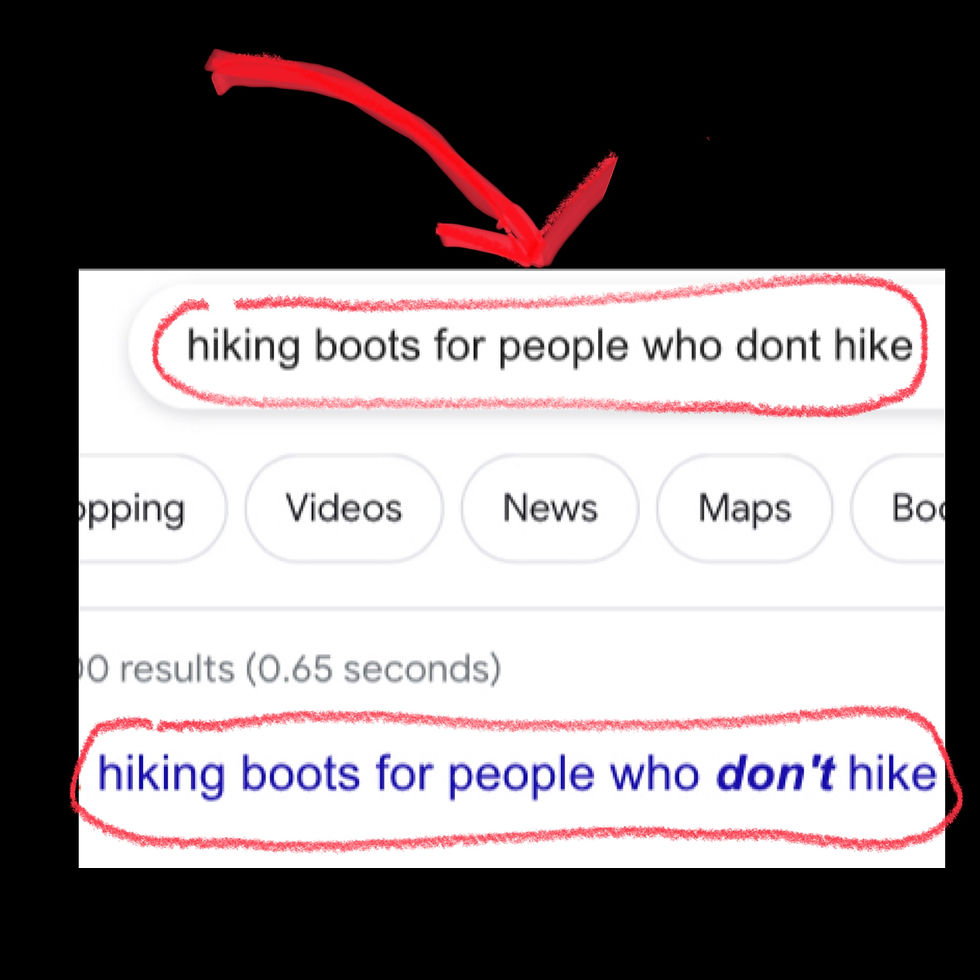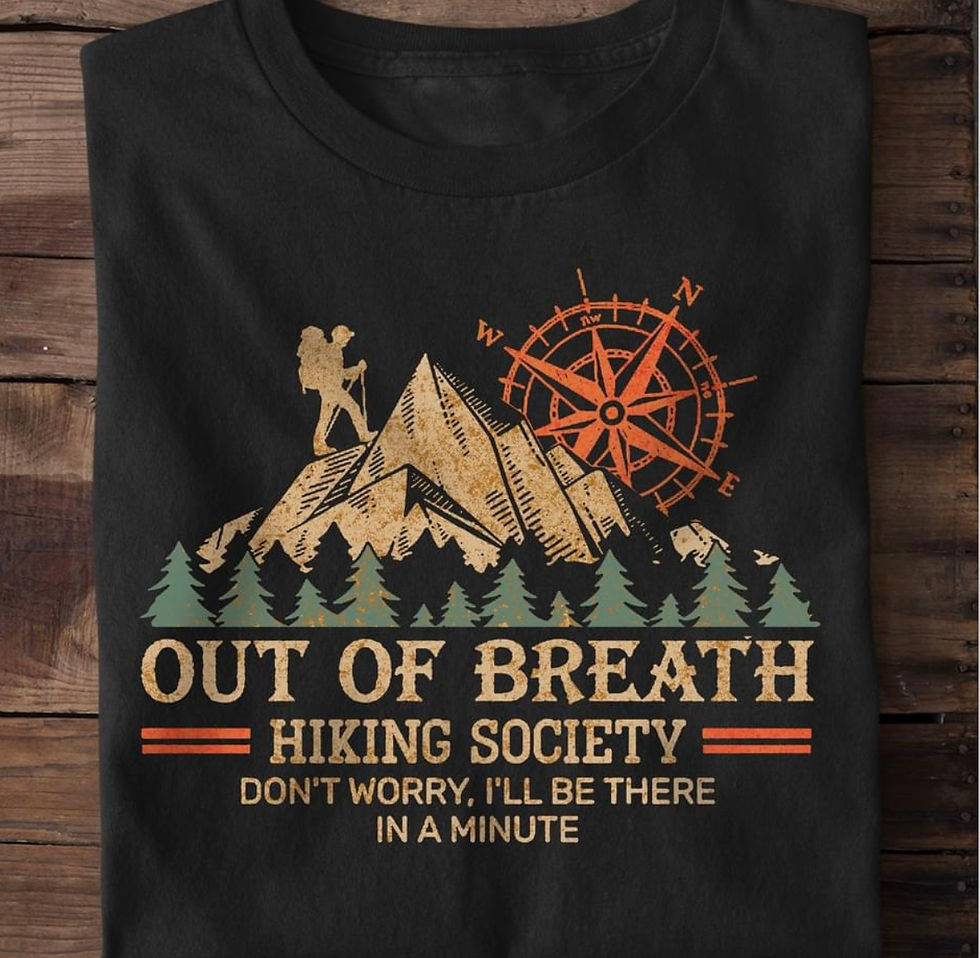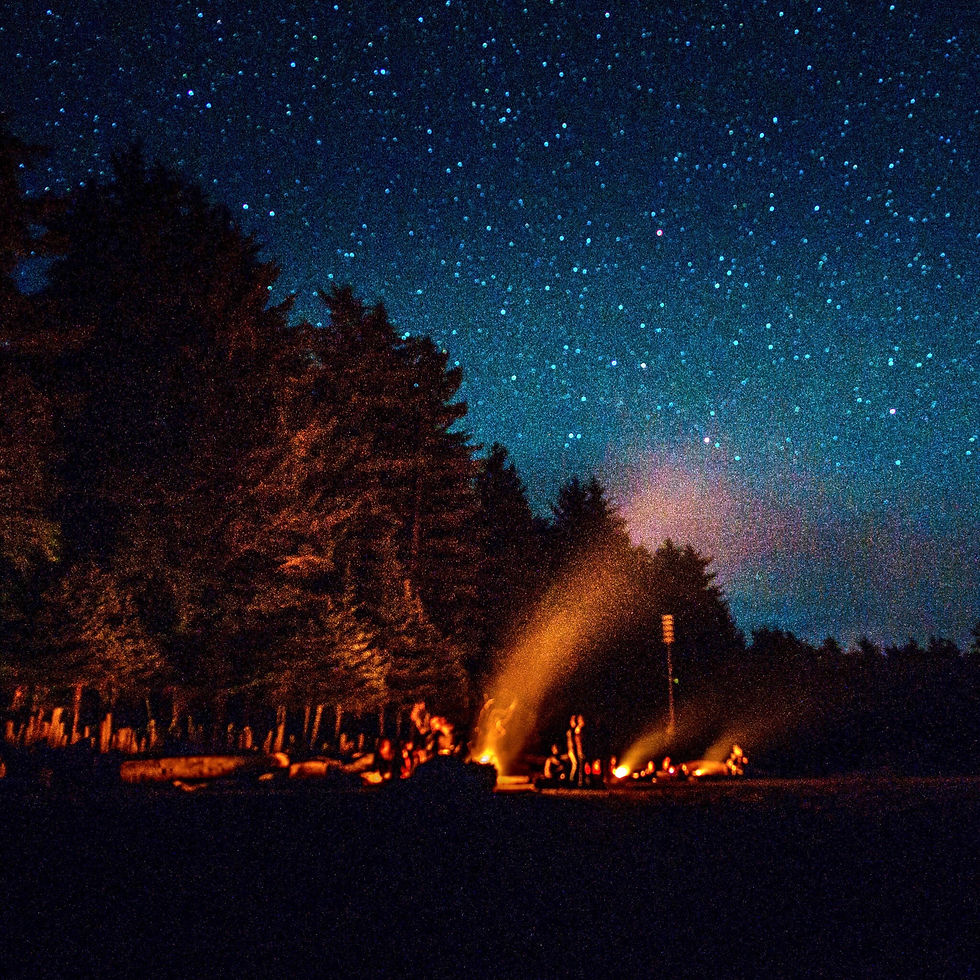- Char Seawell
- Sep 12, 2023
- 3 min read

The mountains near Peña Blanca Lake west of Rio Rico are refreshingly cool before sunrise, and this holiday Monday we flipped our plans and headed there for a hike with Zuni in the early dawn. I had noticed a dirt road up from the lake when I visited by myself last week, a road navigable by four wheel drive vehicles and seemingly deserted.
Parking the car a short way up the road, we began a climb upward on a ragged road filled with gullies and loose rocks. The sun was just appearing over the mountains to the east and it cast a golden glow on the rocky hillsides as we hiked up the road.
Such beauty awaited us. The hillsides were carpeted in velvet in the aftermath of monsoon rains. Flowers bloomed along the roadside, some we had never yet seen in this high desert landscape. Along the way mesquite trees provided shady escape from the rising sun, and save for the sound of our footsteps and a few birds, the air was still and silent.
Looking ahead, we saw the road blocked off by a wire fence, but the forbidding sign simply requested, in both English and Spanish, to close the gate after entering. The fact that the sign was posted in these languages made perfect sense. We were, after all, less than fifteen miles from the border.
And less than fifteen miles from The Wall.
Half an hour into the gentle climb, we turned around as the sun’s more direct rays heated up the once cool air. And, after all, we generally tire after an hour or so of hiking and had little water. The view downhill always seems so different. The flowers lining the roadside viewed from a different light seemed less dramatic. The once sun kissed rock now lost its shadows and became almost indistinguishable from the hillside.

Drawn to the view of that same rock, I noticed something I had not seen in the early morning light. In the meadow, a white cross caught the sun’s light hidden from our view on the way up. As I rounded the corner, distant details came into closer focus. Rocks had been piled near the base of the cross, perhaps to stabilize it in monsoon winds.
Someone wanted this death in the desert remembered.
How could we now pass, going on our recreational hike when we realized we were now passing sacred ground? How could we pass without acknowledging the life that had been lost here?
And how could we pass and not weep at the tragic loss of a life and the death of a dream?
I wanted to sing a memorial song as I stood there, but though I had thousands in my head, I had no heart for song. So I took my husband’s hand as we stood in the road and prayed over the rudimentary cross pondering what I feared must have been a slow death in the relentless heat of a desert journey.
I prayed to God for protection for all those who would cross this desert landscape in search of hope. I prayed that sustenance would miraculously be supplied in this inhospitable landscape. I prayed for safety and divine guidance on the treacherous journey
And then I prayed for the man or the woman or the child who had died here in this beautiful, desolate, unforgiving landscape.
And then I wept.
From our lofty places of government, from our lofty places of privilege, from the lofty perches of our hard hearts, the road uphill is the only one we ever travel.
But just down the mountain, just down the road, steps away from the comfort of convenience and sustenance, life drains into the desert sand while coyotes roam the hillsides and carrion birds stand as sentinels awaiting a last gasp, a final cry, a dried tear.
And a dream dies without notice.
I went to the mountains today as the sun rose to wrap myself in the beauty of God creation.
And I came home wrapped in His sorrow.









